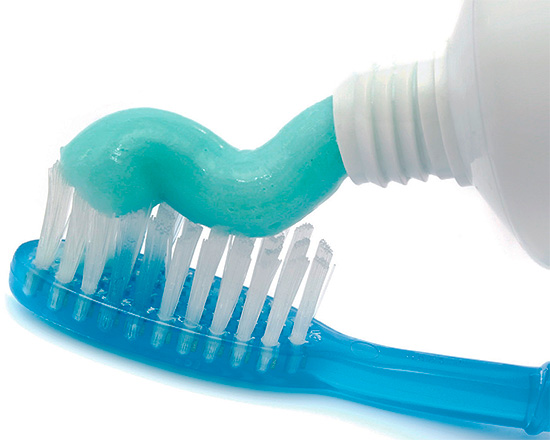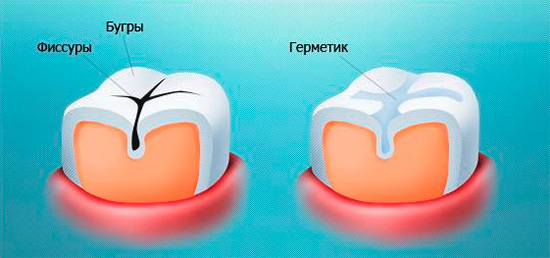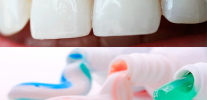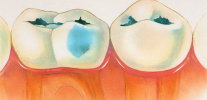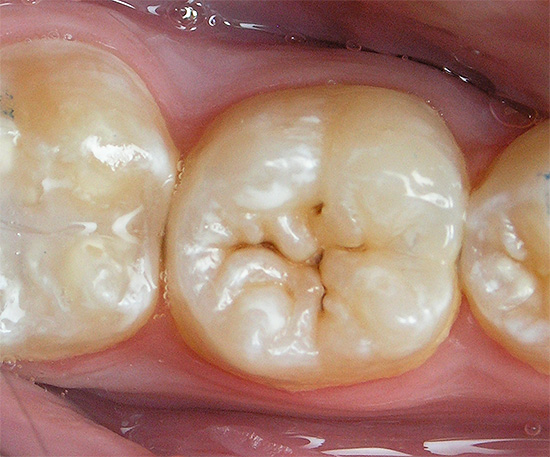
Generally speaking, there are many different measures that prevent the development of caries, but many of these procedures have a small drawback - they require a person to have a great desire to protect his teeth and a fair amount of self-discipline. The simple restriction of sweets in the diet, which is customary for children to talk about, in this case will be extremely insufficient to guarantee healthy teeth.
Nevertheless, knowing well the factors contributing to the development of pathology, preventive measures can be adapted to your lifestyle and effectively prevent the development of even the initial signs of caries.
Further, we will consider in detail how to protect teeth from caries, even to those people who, it would seem, have always had problems with this and have a whole bunch of fillings in their mouths since childhood. Also, recommendations will be useful to parents of those children whose milk teeth almost "melt" in the mouth from multiple caries.
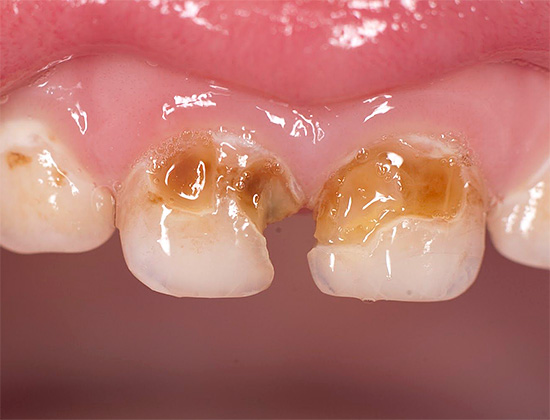
So, protection against caries includes procedures and measures of a different nature, but in general they can be divided into two types:
- strengthening the teeth themselves (increasing their resistance to caries damage)
- and elimination of a cariogenic situation in the oral cavity.
The first group includes the following actions:
- Correction of the diet with an increase in the proportion of fluorine- and calcium-containing products, which with normal metabolism allows you to strengthen the tooth enamel.

- Direct tooth treatment with fluoride and calcium. Such preparations include toothpastes, gels, and rinses.

- The application of special sealants to the teeth, which prevent the accumulation of cariogenic substances in the fissure area (that is, the sealing of natural depressions on the surface of the teeth).

- Taking special medications that help strengthen tooth enamel (for example, fluoride tablets under the supervision of a doctor).
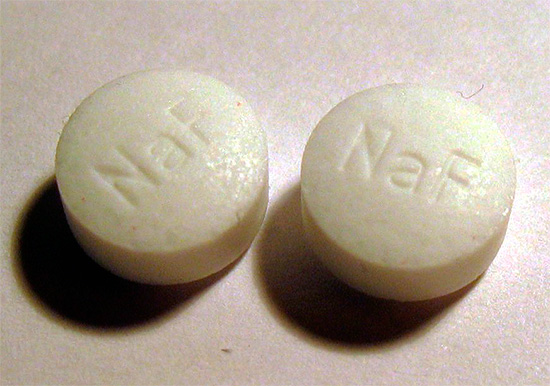
To normalize the situation in the oral cavity and eliminate the causes of tooth decay, it is necessary:
- Take care of the cleanliness of the oral cavity - brush your teeth with a brush or floss, rinse your mouth after eating, use chewing gum correctly.
- Adjust the diet and develop a culture of food intake - limit the amount of sweet and starchy foods in the diet, do not get carried away by snacks.
- Perform professional oral hygiene 1 time in 6 months at the dentist (remove tartar and plaque).
Both those and other measures should be observed in conjunction, and most of these actions should be carried out regularly and under the patient's own control.
But even before undertaking the implementation of such prevention, you should visit a dentist and consult with him about a set of actions and how prevent tooth decay in a specific individual case. Depending on the situation in the oral cavity and the susceptibility of the teeth to caries, the set of measures is adjusted and can be either very extensive or quite simple.
Prevention methods at home
Many methods of reliable protection against caries are quite accessible for independent use at home. In addition, for the most part they are not complicated and require only regularity and systematic implementation.
Oral hygiene as a major factor in caries prevention
Oral hygiene is aimed at reducing the amount of easily digestible carbohydrates remaining on the surface of the teeth after eating. These carbohydrates are a factor in the formation of organic acids that destroy the mineral structure of enamel.
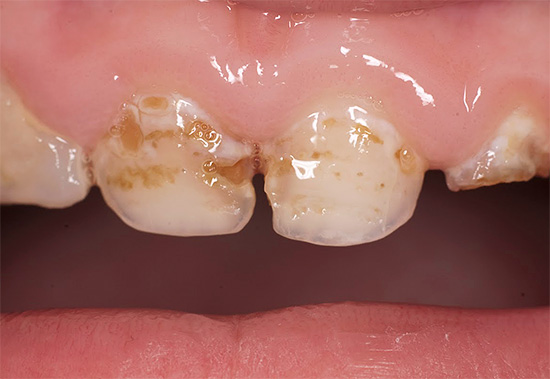
Therefore, to prevent the development of carious processes, it is necessary:
- To brush your teeth at least 2 times a day: it is necessary after eating, and it is important to follow the correct technique for cleaning all accessible surfaces. You should not rely on the unique cleaning effect of an electric brush, since it is not suitable for everyone, not in all clinical cases, and does not cancel the possibility of combining it with a regular toothbrush.
Important!
An electric toothbrush can have an increased abrasive effect (especially of the cervical areas), therefore the use of this device with highly abrasive toothpastes (for example, whitening) requires consultation and monitoring of dental hygiene and condition of the dentist.
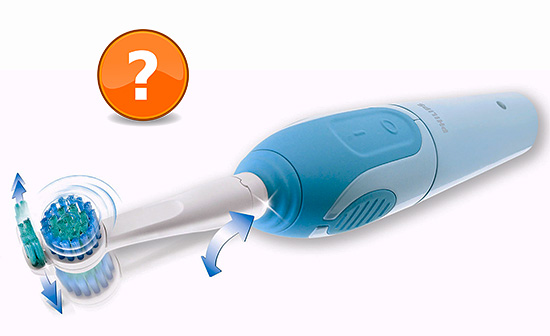
- Additional cleaning of contact surfaces (in the area of tooth gaps) with dental floss or floss. Toothpicks are less preferable, since there is a risk of injury to the gums with a sharp end, and not even a toothpick can penetrate into each interdental space. Dental floss, when used correctly, cleans hard-to-reach surfaces better and does not create such prerequisites for gum inflammation. By the way, it is preferable to rinse with special rinsing solutions containing fluorides after this hygienic procedure - for additional mineralization of enamel, including the interdental area, which is quite vulnerable to caries.
- Within 10-15 minutes after eating, it is recommended to chew special chewing gums containing xylitol. They not only help to remove pieces of food from the spaces between the teeth, but also reduce the amount of cariogenic microflora on the surface of the teeth.
It is very important that preventative procedures to protect teeth from caries are gentle enough. When brushing your teeth with a brush, do not press hard on it, you should work carefully with toothpicks and flosses and without undue effort, since otherwise it is easy to injure the gum. Chronic trauma to the gingival papilla in the interdental region can be dangerous.
Pastes, chewing gums and mouthwashes
It is best to choose oral care products on the recommendation of a doctor.
Of toothpastes, in almost any case, those that contain additional amounts of fluoride and calcium will be good. Today, doctors most often recommend pasta brands Silca, Blend-a-med, Splat, Colgate.
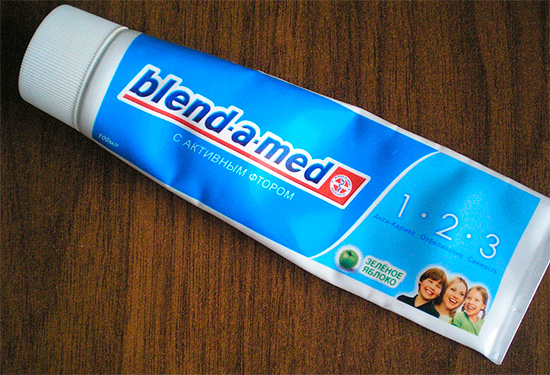
Rinsers are divided into 2 groups: to protect against caries and to prevent gum inflammation. In our case, since we are considering methods of protection against caries, it is important not only to clean the interdental spaces and freshen the breath, but also to complement the anti-caries effect of toothpastes. Therefore, rinse agents containing calcium and fluorine should be chosen - components that improve the mineralization of tooth enamel, strengthen it and prevent destruction under the influence of cariogenic factors.
Depending on the concentration of fluoride compounds, the rinse is used with different intervals:
- Every day when it contains 0.05% fluoride (the course is determined by the dentist).
- Or once a week at a concentration of more than 0.2% fluoride compounds.
Usually a rinse is carried out for a couple of minutes for a successful remineralizing effect in relation to tooth enamel.
From rinsing agents, it is desirable to choose those that do not contain ethanol. This substance, although it is an additional antiseptic, can immediately after administration give a positive result when checking a patient on a breathalyzer.
Rinse agents have proven themselves well:
- Listerine
- Colgate
- PresiDENT.
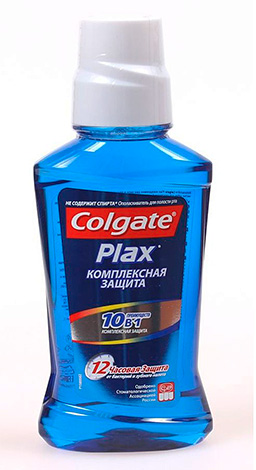
Chewing gums that help prevent tooth decay are well known to many today: for example, Orbit and Dirol. By and large, any gum will help remove some of the food residue from the spaces between the teeth and increase salivation.
The main thing is that chewing gum instead of sugar or glucose contains tooth-friendly substitutes, for example, xylitol. Xylitol prevents the growth of cariogenic bacteria, which is a good addition to the main caries prevention.
On a note
Correction of the diet and its observance, although it is realized precisely at home and in everyday life, but at the initial stages should be carried out in agreement with the dentist. In addition, this is a typical system method, and we will consider it below.
Experts on the issue of caries agree that to prevent the development of enamel demineralization (the initial stage of the carious process), the diet with foods containing calcium or even fluoride (daily requirement 4 mg) is not so much important as the diet. Constant snacks, including easily digestible carbohydrates (sweets, cakes, cookies) create a favorable environment for the long-term action of bacteria acids on the subsurface layers of enamel.
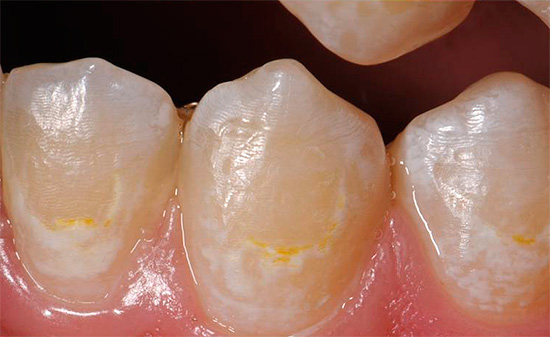
If you think about it, then frequent snacks are in any case harmful to the stomach and intestines. But even if they happen, from the point of view of protection against caries, you need to follow the rule: have a bite - have a good oral hygiene (from using a toothbrush and toothpaste to rinses).
Professional Prevention
In the dental office and according to the doctor’s instructions, special measures to prevent caries are performed using special fluoride and calcium preparations. They process teeth both in the framework of professional hygiene procedures (for example, when plaque and tartar are removed, this treatment is one of the important stages), and for the regular prevention of caries in children and adults even before it occurs.
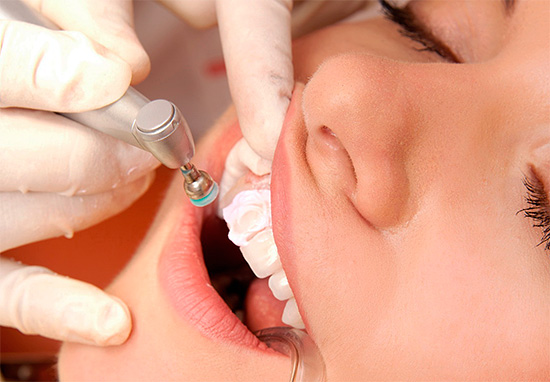
Fluoridation of teeth and the use of special gels and sealants
These procedures are required to strengthen the teeth and increase the enamel resistance to the action of organic acids produced by bacteria. At the same time, special fluoride or calcium preparations are applied to the teeth (of which the first are more effective).
An example of such a drug is Gluftored. This complex is a combination of fluorine, copper, magnesium compounds and finely divided calcium hydroxide, when mixed, crystals of calcium fluoride, copper and magnesium are formed on the surface of tooth tissues. Gluftored reliably fills microcracks in enamel and dentin damage.
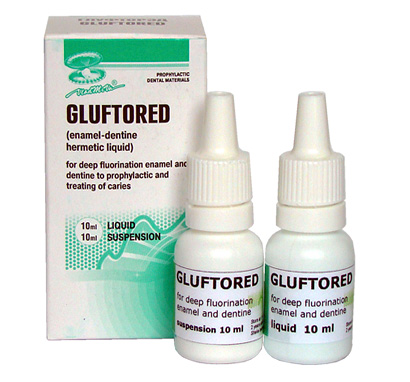
In addition, in dental offices, teeth are sometimes coated with special sealants and varnishes that reduce the contact of enamel with cariogenic agents (such compounds may also contain fluoride). According to the doctor’s instructions, already at home, the patient applies special gels to the teeth, uses specialized toothpastes and uses dental floss with an additional coating of fluorine-containing compounds to clean the teeth.
Professional toothbrushing
To protect teeth from caries, regular cleaning of dental deposits (plaque and tartar), in which cariogenic bacteria are present in large quantities, is also required. Such a procedure should be performed the more often, the faster plaque and stone form on the teeth. The optimal frequency is once every six months.
Systemic prevention: protection against caries anytime, anywhere
Reliable protection against caries is achieved with its systemic prophylaxis, when the metabolism is so adjusted throughout the body that the prevention of caries occurs completely naturally. Such prevention of the disease is not only very effective, but at the same time it is the longest and most effective when implemented for several years.
Proper diet is the key to dental health
A properly designed diet cannot be considered an absolute guarantee of protection against caries. But with an unbalanced diet, even regular dental care will not always protect against tooth decay.
The main requirement for an anti-caries diet is the maximum restriction on sweets and flour products, especially in between meals. It is on the remnants of such food in the mouth that bacteria are most actively incubated, from the activity of which further caries develops.
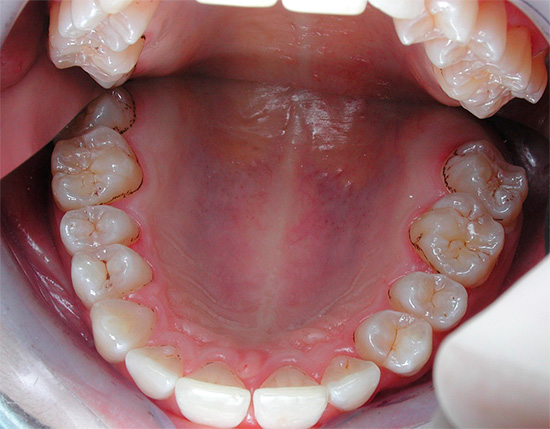
In addition, the prevalence of soft foods in the diet contributes to the development of plaque and tartar. Rough food mechanically erases such deposits. Therefore, in order to protect teeth from caries, it is advisable to include a large number of fresh vegetables and fruits in the diet, and replace flour products with cereals. In addition, the replacement of some carbohydrates in the diet with proteins will also favorably affect the normalization of the situation in the oral cavity.
In some cases, it is useful to include in the diet a salt with a high content of fluoride, fluorinated water. But such decisions should be made only by agreement with the doctor and if there is evidence. In some cases, the dentist may even prescribe regular intake of fluoride tablets or lozenges.
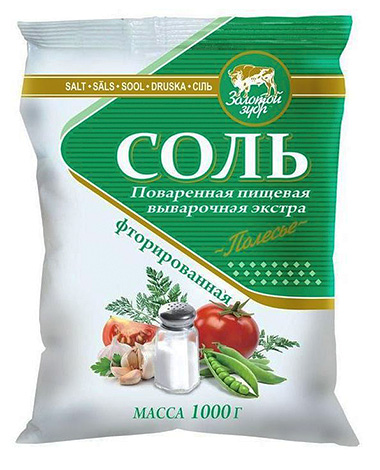
At the dentist's appointment - on schedule, not acute pain
To prevent caries, a dentist should be visited regularly on a schedule agreed in advance individually. It is impossible to believe that “everything will work out” in any case: even if caries has not appeared, the dentist must clean out plaque, remove tartar and check areas that cannot be examined in the mirror without a special tool.
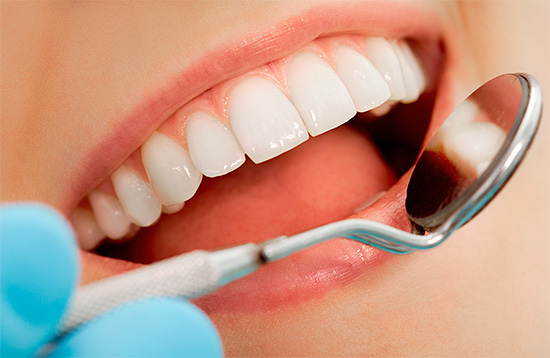
It is important to understand that a set of preventive measures for each patient is determined individually, depending on the condition of his teeth and the general predisposition to caries. Therefore, it will be enough for one person to come for an examination once a year, and for another, examinations every six months may be too rare.
Caries protection for children
The problem of caries prevention is relevant, first of all, for children, especially for those who have the wrong bite or who are breast-fed from an early age. Even despite the generally more intense salivation in children than in adults, their love of sweets and frequent neglect of the rules of oral hygiene can lead to development multiple caries already at preschool age. Therefore, it is necessary to begin the prevention of caries in children from the moment they have their first milk teeth.
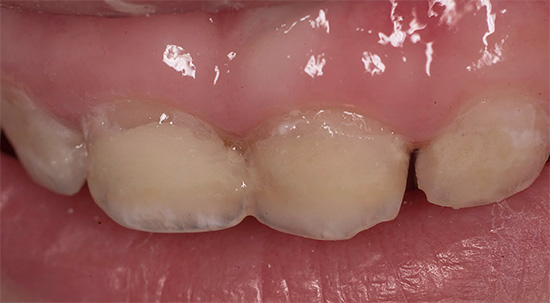
Already after the appearance of the first milk tooth, the baby can begin to gently wipe it every day with gauze soaked in water, or with special “Toothpicks” type wipes. This is especially important for children who receive artificial milk mixtures or fruit purees before bedtime. The remains of these products on the teeth quickly lead to the multiplication of pathogenic microflora, the formation of plaque and the development of caries.
Children from one and a half years old can safely be taught to brush their teeth before bedtime. Once developed, this habit will remain with them for life.
It is impossible to force a child to brush his teeth, it is important to use a game form. Mom or dad can ostentatiously brush your teeth so that the child sees how interesting it is. Depending on the level of mental development of the child, after a year of life, he may try to brush his teeth under the control of his parents with special small toothbrushes with soft tooth bristles.

And, of course, in order to protect the child’s teeth from caries, it should be reasonable to limit the amount of chocolate, sweets, sweet cookies, wafers and other sweets in the children's diet. It is better to replace them with fruits and dried fruits, dairy desserts and vegetables.
Additional systemic measures for caries prevention are strengthening immunity, refusing bad habits, timely treatment of crowded teeth, malocclusion and enamel chips.The general favorable condition of the body and normal metabolism, together with the rules of oral hygiene that are followed, will provide minimal risks of demineralization on the enamel surface, and the bactericidal properties of saliva will delay the growth and development of the microbial factor.
Therefore, be healthy! After all, this is an important factor in protecting your teeth from caries.
Useful video: how to keep a child’s teeth healthy
What is important to know about tooth decay and how to protect your teeth from decay


